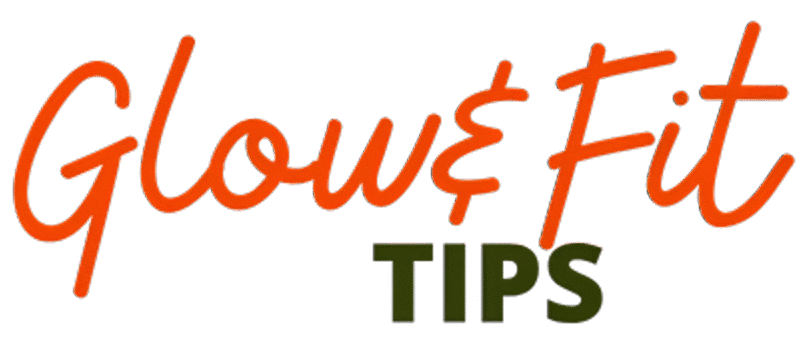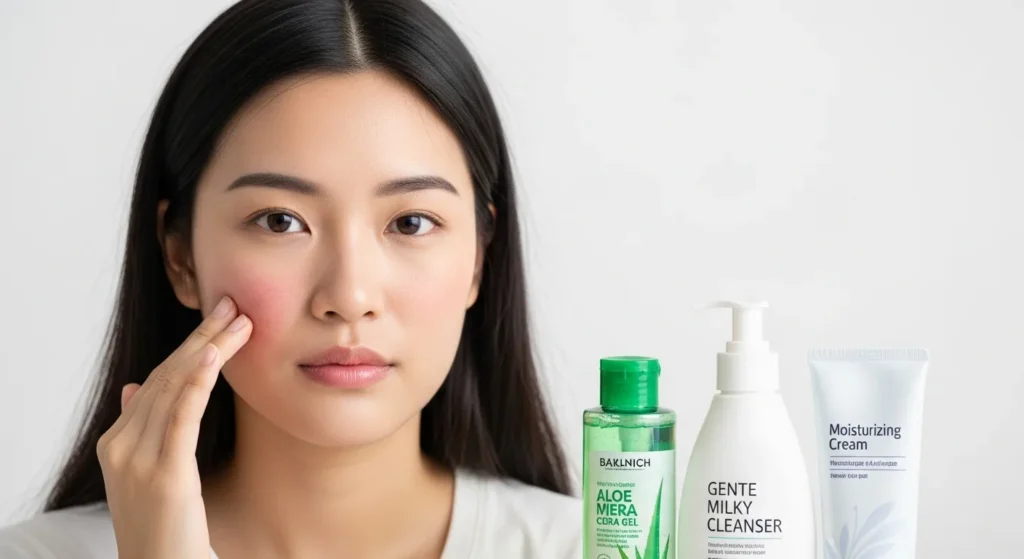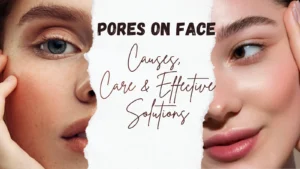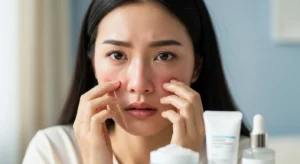Is your cheek constantly itchy, irritated, or red? You’re not alone. Cheek itching is a common skin problem among women and can be caused by everything from allergies to harsh skincare products. If ignored, it can lead to dryness, rashes, or even infections. In this blog, we’ll uncover the possible causes of itchy cheeks, effective home remedies, and skincare tips to soothe the discomfort.
What Causes Cheek Itching?
Cheek itching can be temporary or chronic, depending on the underlying issue. Let’s explore the common reasons:
1. Dry Skin
Lack of moisture can make your cheek skin flaky and itchy, especially in cold weather.
2. Allergic Reaction
It could be a reaction to new makeup, face wash, detergent, or even a food allergy.
3. Eczema or Dermatitis
These skin conditions cause redness, irritation, and flaking, particularly around the cheeks and jawline.
4. Hormonal Imbalance
Hormonal fluctuations during menstruation or stress can trigger skin sensitivity, especially on the cheeks.
5. Harsh Skincare Products
Face scrubs with rough granules or alcohol-based toners can strip away the skin’s natural oils.
Symptoms You Shouldn’t Ignore
- Red patches on cheeks
- Tiny bumps or blisters
- Dry, tight-feeling skin
- Burning sensation with itching
- Peeling or flaky skin
Home Remedies for Itchy Cheeks
These natural remedies can soothe irritated cheek skin:
1. Cold Compress
Wrap ice in a soft towel and place it gently on your cheeks for 5–10 minutes. It instantly reduces itchiness and inflammation.
2. Aloe Vera Gel
Apply pure aloe vera gel to calm redness and hydrate the skin.
3. Coconut Oil
A small amount of virgin coconut oil can help moisturize and repair dry cheek skin.
4. Multani Mitti Pack (for Oily Skin)
Mix Multani mitti with rose water and apply to cheeks. Helps absorb excess oil and reduce irritation.
Best Skincare Routine for Itchy Cheeks
A consistent and gentle skincare routine can prevent cheek itching:
Morning:
- Cleanser: Mild gel cleanser (fragrance-free)
- Toner: Alcohol-free rose water or cucumber toner
- Moisturizer: Hydrating gel-based or cream depending on skin type
- Sunscreen: SPF 30+ for sensitive skin
Night:
- Cleanser: Gentle foaming cleanser
- Serum: Niacinamide or Centella Asiatica-based serum
- Moisturizer: Soothing cream or aloe vera-based gel
Products You Can Try
- Cleanser: Cetaphil Gentle Skin Cleanser
- Moisturizer: Simple Hydrating Light Moisturizer
- Aloe Vera Gel: Wow Skin Science Aloe Vera
- Sunscreen: RE’ EQUIL Ultra Matte Dry Touch Sunscreen SPF 50
Lifestyle Tips to Prevent Cheek Itching
- Avoid touching or scratching your cheeks
- Wash pillow covers regularly
- Avoid spicy foods if they trigger flushing or rashes
- Stay away from products with parabens, fragrance, or alcohol
- Do a patch test before trying any new skincare or makeup product
When to See a Dermatologist?
If your cheek itching:
- Lasts for more than a week
- Comes with swelling, pain, or pus
- Spreads to other parts of your face
- Doesn’t respond to home treatment
You may need professional treatment for conditions like eczema, rosacea, or skin infections.
Final Thoughts
Cheek itching may seem like a small problem, but it can seriously affect your comfort and confidence. With the right skincare routine, natural remedies, and a mindful approach, you can treat and prevent this issue effectively.
Start by identifying the cause, choose gentle products, and protect your skin from harsh irritants.
❓Frequently Asked Questions (FAQs)
Q1. Is cheek itching a sign of an allergy?
Yes, it could be. Cheek itching may be triggered by allergic reactions to makeup, food, pollen, or harsh skincare ingredients.
Q2. What should I avoid applying if my cheeks are itchy?
Avoid scrubs, alcohol-based toners, fragrance-heavy creams, and any product that causes a burning sensation or redness.
Q3. Can hormonal changes cause cheek itching?
Yes. Hormonal fluctuations, especially during menstruation or stress, can make skin more sensitive and prone to itching.
Q4. Are natural remedies safe for itchy cheeks?
Natural remedies like aloe vera, coconut oil, or cold compresses are generally safe, but always do a patch test to avoid any allergic reaction.
Q5. How long does it take for itchy cheeks to heal?
If the itching is mild, it may subside in a few days with proper care. Chronic or severe irritation may require 1–2 weeks or a dermatologist’s intervention.




